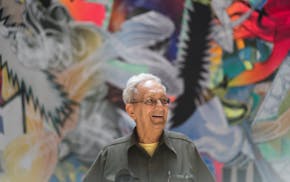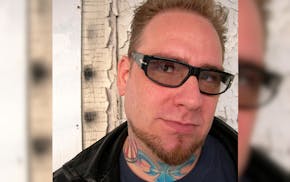Dr. James L. Goddard, 86, who as a brash, crusading commissioner of the Food and Drug Administration in the 1960s helped revolutionize the federal government's methods of evaluating drugs, died of a brain hemorrhage Dec. 18 in Laguna Woods, Calif.
From 1966 to 1968, Goddard, serving under President Lyndon B. Johnson, strove to put the FDA on sounder scientific footing to better serve the consumer. He cracked down on exaggerated drug advertising and delayed approval of new drug applications until manufacturers had backed them up with more laboratory and clinical testing. And he campaigned to take ineffective drugs off the market.
The New York Times Magazine called him "a wild-eyed crusader with a battle-ax flailing boldly."
Several months after he assumed leadership of the agency, Goddard spoke to pharmaceutical executives and suggested that many were dishonest in their applications for new drugs. He threatened that the industry might be "altered beyond your present fear."
Historians and journalists say the effect was to push the FDA into a new era.
"James Goddard marks the demarcation between the old FDA -- that had no MDs, no strong standards of evidence and largely subservient relations with the pharmaceutical industry -- and the new FDA that was headed by an energetic doctor, enforced strong standards of evidence and became an advocate for the public's health," said journalist Philip J. Hilts.
Jeanette Scola Trapani, 107, one of the oldest survivors of the 1906 San Francisco earthquake and fire, died Monday of pneumonia in El Dorado Hills, Calif. Trapani had clear memories of the disaster, even though she was only 4 years old at the time, her daughter, Dolores Legge said.
"She vividly remembered the terrible smell of the smoke from the burning city and how she and her family had to live in a tent in the Presidio," Legge said.
Cardinal Cahal Daly, 92, who led the Roman Catholic Church in Ireland during some of the worst years of IRA violence, died Thursday in Belfast.
NEWS SERVICES

Frank Stella, towering artist and master of reinvention, dies at 87

Sharon Lubinski, first openly gay U.S. marshal and longtime MPD leader, dies at 71

Whitey Herzog, who managed Cardinals vs. Twins in 1987 World Series, dies

Official who helped MSHSL on pioneering ventures dies at 89

